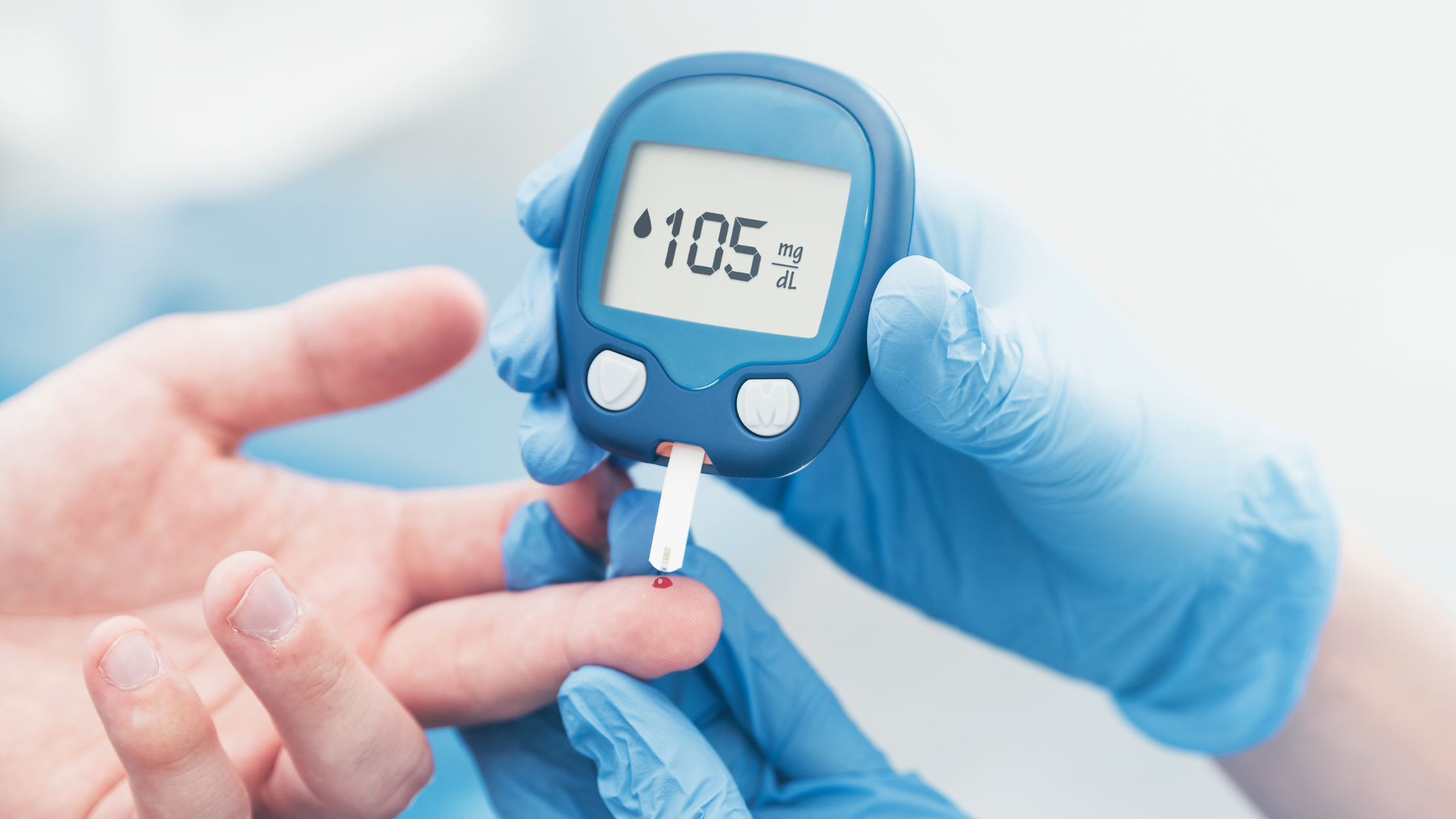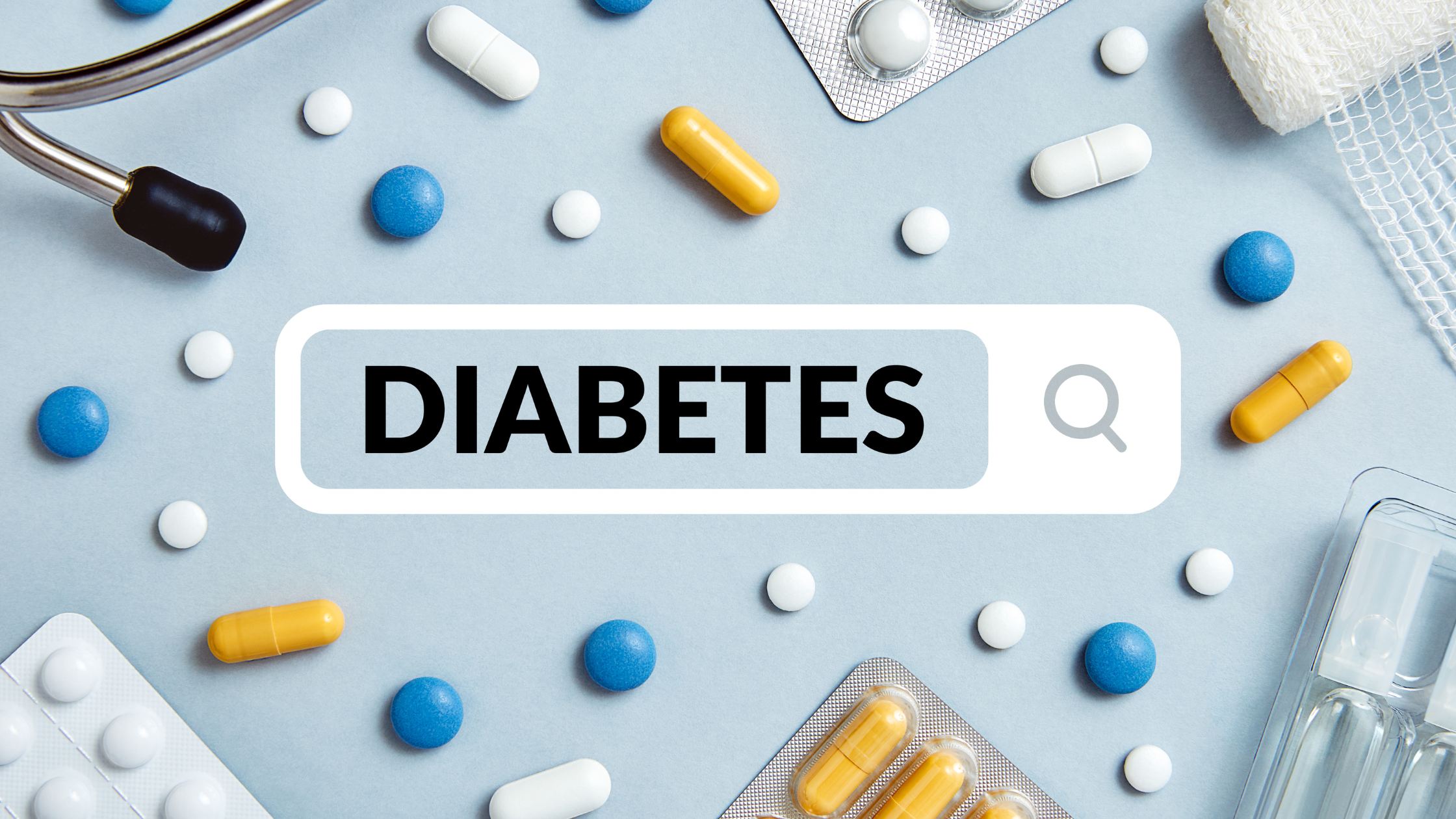
Introduction:
Diabetes is a prevalent chronic condition affecting millions of people worldwide. Unfortunately, it is not just the physical challenges of managing blood sugar levels that individuals with diabetes face. They also contend with the heavy burden of social stigma, often discouraging them from taking the diabetes care they need out of fear of judgment.
There are too many people with diabetes and not enough general education in the matter, so let’s break down how diabetes works, the type of stigma these individuals face, its consequences, and how we can collectively fight against it.

What is Diabetes?
Diabetes, a metabolic disorder characterized by high blood sugar levels, presents in two primary forms: type 1, an autoimmune condition where the body fails to produce insulin, and type 2, where the body becomes resistant to or doesn’t produce enough insulin, a hormone necessary for regulating glucose levels in the body. To condense this complex condition, diabetes basically leaves your body with too much sugar with few natural means of managing it. It’s a serious condition that transforms a person’s day-to-day life and can lead to fatal outcomes if left unchecked.

What Kind of Stigma Revolves Around Diabetes?
Diabetes, an ailment affecting numerous individuals, sadly encounters social stigmatization, particularly type 2 diabetes. Stigma embodies negative beliefs, attitudes, and stereotypes directed at people with diabetes, encompassing blame, shame, and judgment.
One significant reason for the stigma surrounding type 2 diabetes stems from the misconception that it solely results from poor lifestyle choices. Society tends to associate the condition with obesity, unhealthy eating habits, and a sedentary lifestyle. However, this oversimplification overlooks the intricate interplay of genetic, environmental, and lifestyle factors contributing to the development of type 2 diabetes.
Moreover, a judgmental mindset prevails, viewing type 2 diabetes as a self-inflicted condition caused by a lack of willpower, discipline, or personal responsibility. This mindset fails to acknowledge the genetic predisposition and other non-modifiable risk factors that contribute to its development.
The pervasive belief that type 2 diabetes is entirely preventable or reversible through lifestyle changes adds another layer of stigma. When individuals struggle to control their blood sugar levels despite their best efforts, they may face blame and shame, impacting their self-esteem and deterring them from seeking the support and medical care they need.
The association between type 2 diabetes and healthcare costs further perpetuates negative stereotypes. People wrongly assume that individuals with type 2 diabetes burden healthcare systems financially, adding to the stigmatization.
However, all the same, people with type 1 diabetes also face similar prejudice by those who don’t understand what it’s really like to live with diabetes.
Consequences of Stigmatization:
The consequences of stigmatization can be severe and wide-ranging for individuals with diabetes, particularly because people with diabetes have to manage their care for themselves:
1. Psychological Distress: Stigma breeds feelings of shame, embarrassment, and self-blame. These emotions contribute to heightened stress, anxiety, and depression among individuals with diabetes.
2. Reduced Quality of Life: Stigmatization discourages effective disease management, leading to poor adherence to treatment plans and lifestyle modifications. Consequently, overall health and well-being suffer.
3. Delayed Diagnosis and Treatment: Diabetes-related stigma may prevent timely medical intervention and adherence to recommended treatments, resulting in complications and poorer health outcomes.
4. Limited Opportunities: Stigma permeates various aspects of life, including employment and social relationships. Preconceived notions about diabetes may foster discrimination, exclusion, and unfair treatment in these domains.
Understanding the Perspectives of People With Diabetes
To combat the stigma surrounding diabetes, we must unite individuals, communities, and healthcare professionals to empower those with diabetes. Understanding the experiences of these individuals can help break down stigmas and foster a more inclusive society. Here are some key insights that people with diabetes would want you to understand:
- Blaming and shaming is unproductive.
Instead, offer empathy, encouragement, and support. In fact, you can make an effort to ask questions and get a better grasp on their situation. Showing that you’re in their corner can have a significant positive impact on their journey.
- Watch your language.
Avoid defining someone solely by their condition as a “diabetic.” Instead, use person-first language like “person with diabetes” to recognize their individuality. Also, be mindful not to label those without diabetes as “normal,” as it can contribute to feelings of stigma and difference.
- Managing diabetes requires constant commitment.
Between constantly monitoring their blood sugar levels, sticking to meal plans, and scheduled medical check-ups, a person with diabetes often has to plan around their care. Recognizing the time and effort it takes to manage their condition is key to even begin to understand their reality.
- Diabetes is a financial challenge.
People with diabetes pay, on average, 2.3 times more than those without diabetes in healthcare costs. Acknowledging these financial burdens can help foster understanding and support.
But perhaps the one thing people with diabetes want us to remember is that they aren’t defined by their disease. They are the same unique individual they were before their diagnosis. Recognizing and appreciating their identity beyond the condition is essential.
Wrapping Up:
Stigma is harmful anywhere and everywhere. For people with diabetes, this complicates an already difficult situation. With diabetes diagnosis showing a consistent upward trend in numbers, it’s more than likely that you’ll know someone with diabetes, or are facing it yourself. The key thing to understand is that everyone is facing their own unique reality – in healthcare and daily life – while facing diabetes. It will take empathy and support to begin breaking down the stigma surrounding this condition.
That said, you can make use of tools like CircleDNA’s genetic test to navigate your own unique health profile with confidence and understanding. By understanding genetic predispositions and risk factors associated with diabetes, individuals can take proactive steps towards preventive measures and informed decision-making. CircleDNA empowers individuals to embrace personalized health and gain a deeper understanding of their unique genetic makeup.





